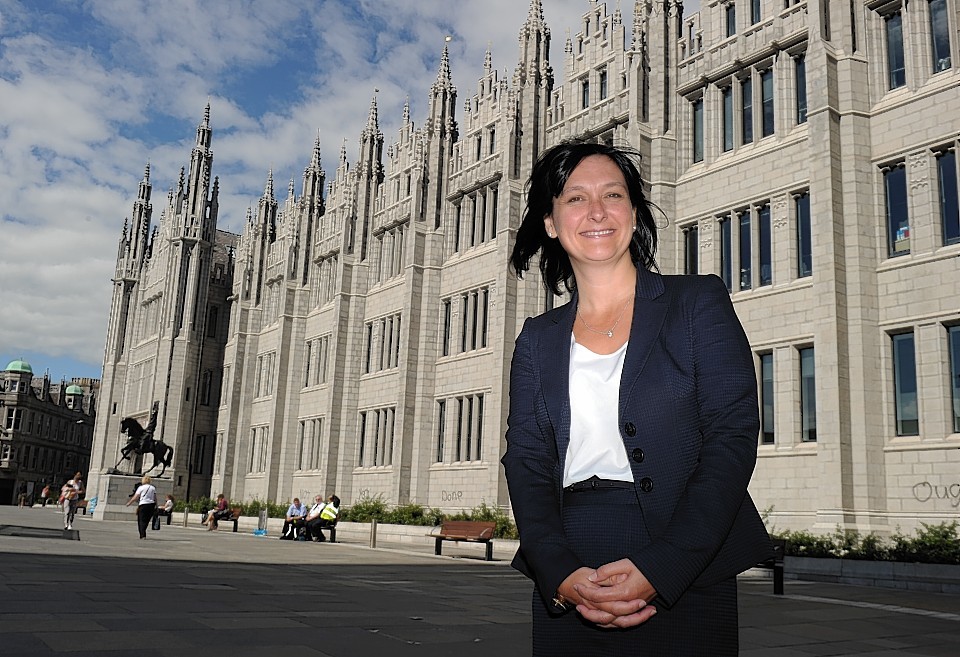A new report has shown a 2,900% increase in doctors appointments being carried out by video call in the north-east, as health services adapted to coronavirus lockdown.
Health and social care bosses will be briefed next week on the “exponential” growth in the numbers.
GPs in the NHS Grampian area conducted just 83 video appointments in the first week in March.
By mid-May, there were 2,496 in a single week using an NHS platform called Near Me – the most of any health board in Scotland.
The report prepared for the Aberdeen integration joint board (IJB) highlights the 29-fold increase in video consultations as the public was urged to stay at home.
The video calls are also being trialled by health services beyond GPs, including at the NHS Grampian Covid-19 Hub which made 150 calls over a seven-day period last month.
Rapid adoption of the technology has brought forward place plans to roll out similar remote appointment options in Aberdeen – especially as a nationwide survey found nearly 98% of patients would be happy to use the services again.
In her report to IJB members, Aberdeen City Health And Social Care Partnerhsip chief officer Sandra Ross said this was “a unique opportunity to embed the transformation”.
She added: “It is clear that Covid-19 has created many challenges and unfortunately many, many sad outcomes.
“However, the need to respond, at pace, to minimise negative impact has enabled the fast-tracking of many of the plans that had previously been developing.”
She warned that as the emergency response came to end, there was already a “pull back to old behaviours” which could risk the progress made.
IJB chairwoman Sarah Duncan said the adoption of the technology had meant a pleasant surprise for many patients, able to secure a GP appointment on the day they called.
“It’s fair to say there was a bit of worry that it would be unpopular with some patients but it’s really helping us manage appointments as we try to keep people away to reduce the spread of coronavirus,” she said.
“A lot of people have had a crash course in video calling because it’s been the only way they can keep contact with their friends and family.
“But we need to remember this will not be the case for everyone and this will never replace all consultations in person.
“I am worried those excluded from this digital technology are the ones with the greatest need.”
